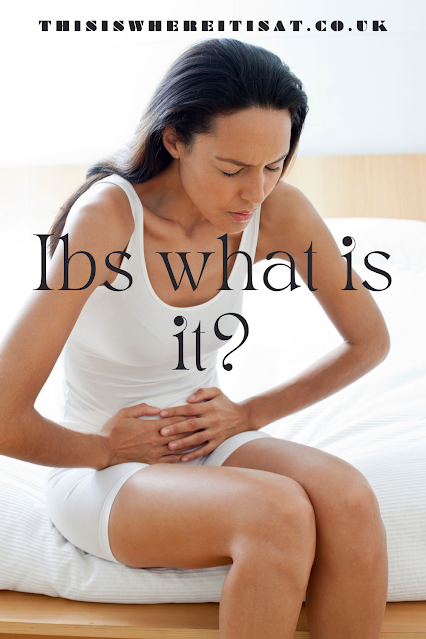Hey readings,
Although the exact causes of irritable bowel syndrome (IBS) are unknown.
Correlations to oversensitive gut nerves, food moving through the gut too quickly or slowly, family history, and stress have been made.
What are the symptoms of IBS?
IBS symptoms might vary, but they frequently last for a long time. The most typical ones are:
* Abdominal discomfort brought on by having a bowel movement, such as cramps or bloating.
* Alterations in the way that bowel movements look
alterations in the frequency of your bowel movements.
* The feeling of incomplete ejection and a rise in gas or mucus in the stool are additional symptoms that are frequently associated.
What causes IBS?
IBS can be treated in various methods, but its aetiology is uncertain.
An abnormally sensitive immune system or colon are potential culprits.
A prior bacterial infection in the gastrointestinal system is the root cause of post-infectious IBS.
It's challenging to avoid IBS because of its many potential causes.
The process of getting a diagnosis of IBS.
The doctor will want to rule out other illnesses but should be able to diagnose the patient based on the symptoms provided.
You may occasionally experience IBS symptoms from medications you take for other health issues.
To investigate if a medication swap is possible, it could be worthwhile to bring up this topic with your doctor.
Blood tests may be utilised as additional examinations and will be used to evaluate the following:
* Whether or not anaemia exists.
* Functional liver and kidney.
Any indications of bowel irritation.
*If celiac disease could be the problem.
To ensure that another bowel condition is not causing symptoms, doctors are now using a stool test called faecal calprotectin to detect inflammation.
The doctor can therefore be assured that it is IBS.
IBS and diet.
There isn't a single IBS diet that will reduce your symptoms.
This is because the precise origin of IBS is still unknown, and every person's body responds differently to certain foods.
However, studies and evidence-based recommendations have revealed that while some food groups can trigger IBS, others can help ease symptoms.
Take into account the following crucial aspects to attempt and manage your IBS symptoms:
Potential IBS trigger foods and drinks.
A successful IBS diet plan entails more than just selecting healthy foods.
Additionally, it involves avoiding foods and beverages that could cause unpleasant and painful symptoms.
You may already be aware of the foods that are difficult for your body to properly digest and therefore aim to replace them in your diet.
A wonderful approach to keeping track of what you eat and figuring out which foods can cause IBS flare-ups or symptoms is to keep a food diary.
There is no list of foods to avoid if you have IBS because various people may experience symptoms in response to different foods.
Common foods that cause IBS, however, can include:
* Nuts, beans, potatoes, and whole-wheat flour all include insoluble fibre, which can be more difficult to digest and worsen bloating and pain.
* Dairy products - For certain IBS patients, foods like milk frequently cause symptoms.
* Despite being rich in protein and fibre, beans and legumes can be difficult for some individuals to digest, leading to bloating, gas, and other IBS symptoms.
* Processed foods, frequently heavy in fat, sugar, and salt, can cause flare-ups of IBS.
* Caffeine and alcohol are both known to make some IBS sufferers' symptoms worse.
Cheers for reading X









No comments